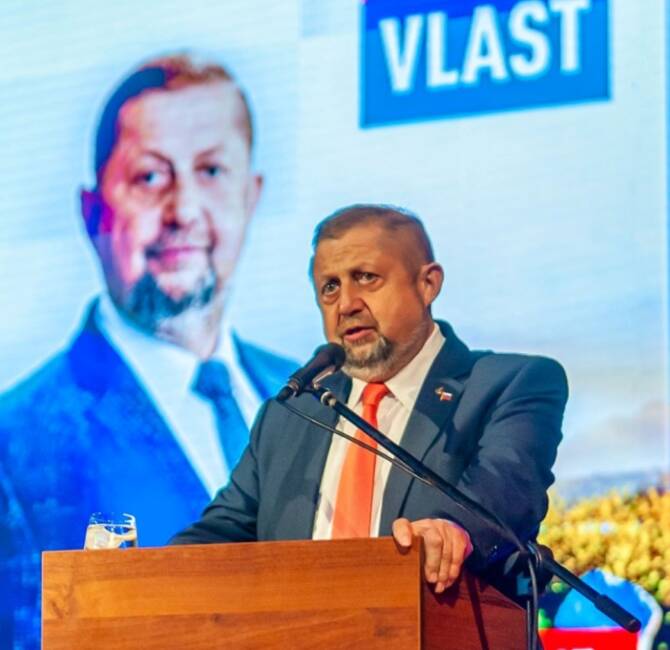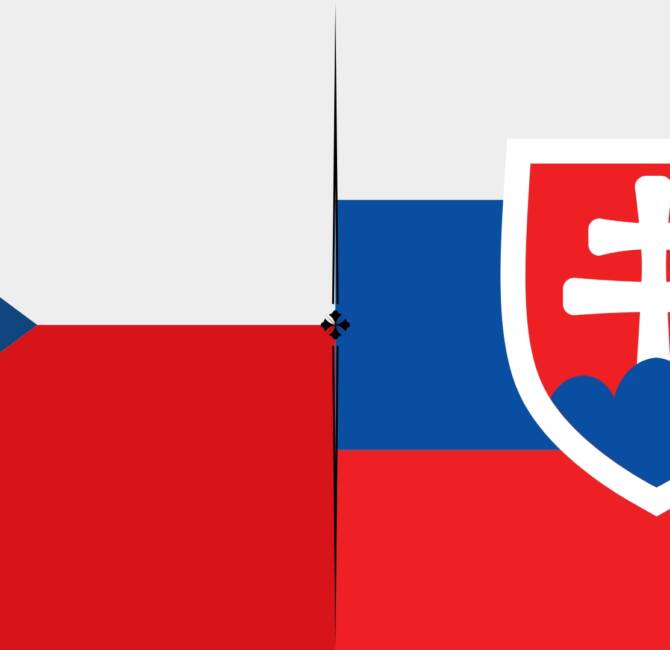Poland – “This is not the time for a ceasefire,” Jadwiga Emilewicz told Visegrad 24, re-iterating the support that the PiS administration showed to the Ukraine during her years as Poland’s Deputy Prime Minister. Emilewicz emphasised that “Ukraine want to be back to their shape before 2014,” and expressed regret that Western allies didn’t show preparedness for the conflict which was anticipated by Poland.
“It is no secret that Ukrainian soldiers used to be prepared for this conflict by NATO allies – mainly, of course, Americans,” she said. “Only the Americans really understood – but it wasn’t enough to convince Western European partners to start to do anything different.”
“Even before the war, the European Union decided not to create special storage systems for gas,” she lamented – citing the increasing dependence on Russia for fuel. “Poland should have stood up more against Western policy to Russia,” she reflected “Only Polish policy, developed through the last eight years, prepared to enlarge the capacity for the storage of gas.” But even so, Poland was not entirely immune to the energy crisis that the war brought.
“The first shock after the outbreak of war was the lack of coal on the market. It was from the Russians that the highest amount of coal was delivered to Poland. The Polish energy system is more than 60% based on coal it created a real problem in terms of prices.”
“Maybe we should be more precise, maybe we should be more furious, maybe we should sometimes say ‘no’ to our Western partners more strongly – so that purely political projects like Nordstream 2 aren’t developed.”
Looking forward, Emilewicz is convinced that “the conflict is almost over. The Bankruptcy of Russia is visible,” but she stressed the importance of keeping pressure high on Russia and the West. The struggle is not just about infrastructure.
“President Zelensky managed to gather the momentum of the whole world to see this case not just as a regional one, but as one of critical points on the global map.”
“Russia definitely has larger ambitions in Europe. This is something we have tried to convince our European partners of, that what we have observed especially since Vladimir Putin became leader of the country. Putin’s idea is pure and simple: to rebuild Russia from the time of the Soviet Union or maybe, even better, from the time of the 19th Century. This is the political fuel of [Russia’s] general elections and it is something we have to bear in mind when we deal with Russia.”




